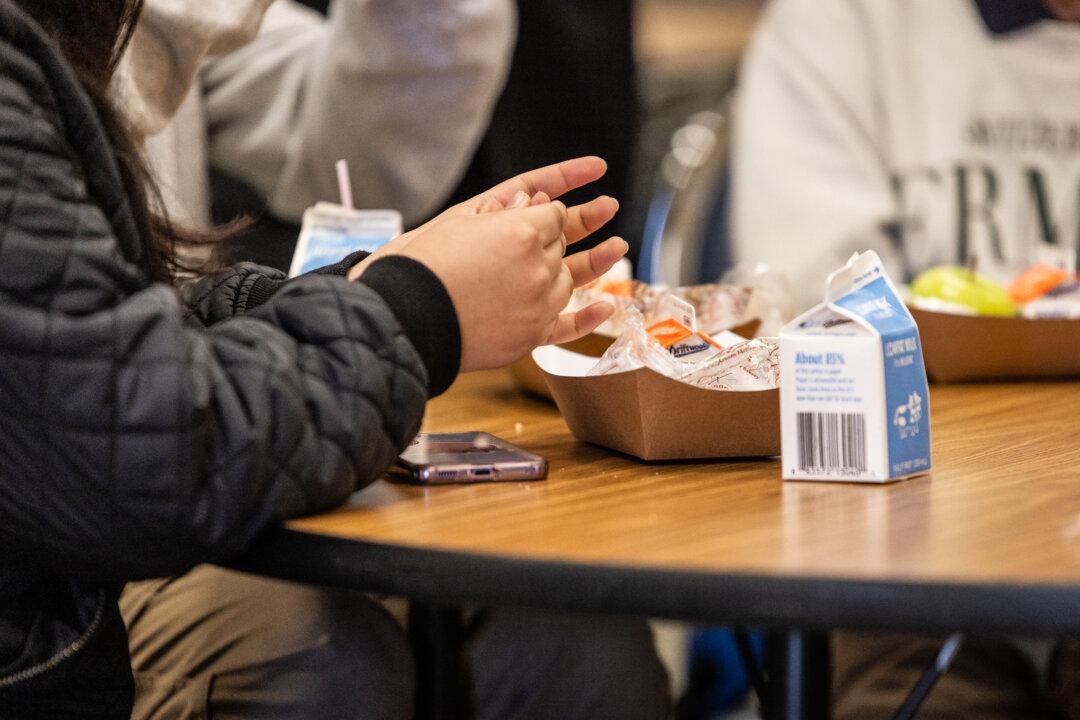Hundreds of schools across the United States received food products that could potentially be contaminated by pathogens, according to the Food Safety and Inspection Service (FSIS).
On Oct. 9, Oklahoma-based BrucePac pulled out nearly 10 million pounds of ready-to-eat meat (RTE) and poultry citing contamination risk by the Listeria monocytogenes bacteria. The recall was later expanded to include an additional 1.7 million pounds of products, taking the total withdrawn items to almost 12 million pounds.





